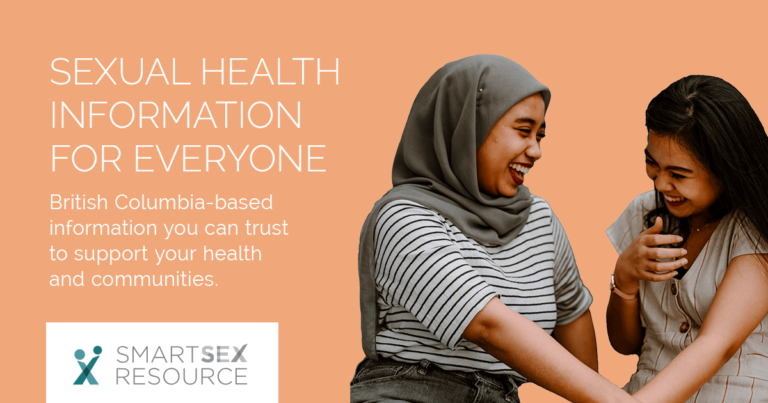Record
Many queer men use gay dating apps like Grindr, Scruff and Hornet [1], but their effects on youth are not well understood. To further understand these implications, we interviewed health professionals working with young gay, bisexual, transgender and queer (YGBQTM) men.
Summary of the survey
We interviewed 28 health professionals working with YGBTQM in British Columbia. We aimed to understand how gay dating apps affect the health and well-being of YGBTQM. Analysis of the data reveals three categories of effects that had positive and negative dimensions.
Pleasure sexuality versus transactional sexuality
Health professionals felt that gay dating apps increased access to sex, which made YGBTQM sexuality either more transactional (meaning encounters were less emotional and less meaningful) or more pleasurable. Gay dating apps are also said to help provide a sense of freedom to YGBTQM exploring their sexuality while making it easier to find compatible sexual partners.
Sense of community and increased security against community alienation and increased violence
Health professionals discussed how gay dating apps can foster a sense of community by facilitating connections between YGBTQM beyond sex. In particular, gay dating apps can help make queer communities visible and meet new friends. This opportunity to connect with queer people may be even more important for transgender or YGBTQM people who live in remote areas that have less access to queer social spaces. However, health professionals pointed out that gay dating apps also expose YGBTQM more often to rejection and stigmatization (transphobia, lipophobia, racism, HIV discrimination, etc.). Discriminatory attitudes and messages (such as “no fat, no women, no Asians”) were said to be common on gay dating apps. On the other hand, health professionals explained that it may be safer for YGBTQM to disclose information such as their HIV+ status or transgender identity prior to the encounter, which may increase their physical safety by avoiding a potentially violent reaction during the encounter. duration of the meeting.
STBBI and drug-related risks versus opportunities for prevention
Health professionals believed that gay dating apps increased the risk of sexually transmitted and blood-borne infections (STBBI) because they facilitated sexual activity and complicated contact tracing. Similarly, health professionals have criticized the way gay dating apps can facilitate or glorify sexual drug use, which may be of particular concern to YGBTQM with substance use issues or those who have never used substances in past. Instead, health professionals pointed to the potential of gay dating apps for education and prevention. For example, sharing information between users increased sexual health literacy among YGBTQM while promoting sexual health services. Gay dating apps have also been a way for health professionals to reach populations in remote areas.
Implications for practice
The study findings help understand the complexity of the impact that gay dating apps have on YGBQTM. Like a double-edged sword, these effects are not all positive, and not all negative. Instead, they coexist in different ways creating different experiences for YGBQTM depending on their identity and appearance. Understanding these complexities can help healthcare professionals mitigate negative effects while maximizing positive ones. Additionally, health professionals should be cautious in assuming that sex on gay dating apps is transactional or less authentic, as it could be perceived as shaming and could negatively impact YGBTQM’s self-concept or how they interact with the healthcare system in the future.
For more information
Gaudette, M., Hesse, CL, Kia, H., Chanady, T., Carson, A., Knight, R., & Ferlatte, O. (2022). “A Double Edged Sword” : Health Professionals’ Perspectives on the Health and Social Effects of Gay Dating Apps on Young Gay, Bisexual, Transgender, and Queer Men. The Journal of Sex Research, 0(0), 1-12. https://doi.org/10.1080/00224499.2022.2153786
Report
[1] Macapagal, K., Kraus, A., Moskowitz, DA, & Birnholtz, J. (2020). Geosocial networking application use, characteristics of sexual partners with the application, and sexual behavior among sexual and gender minority adolescents assigned male at birth. The Journal of Sex Research, 57(8), 1078-1087. https://doi.org/10.1080/00224499.2019.1698004
Thanks
I would like to thank the co-authors and collaborators of the study, especially Olivier Ferlatte and Rod Knight for supervising this work. I would also like to thank the Canadian Institutes of Health Research for funding this research. A special thank you to the healthcare professionals who participated in this study.
